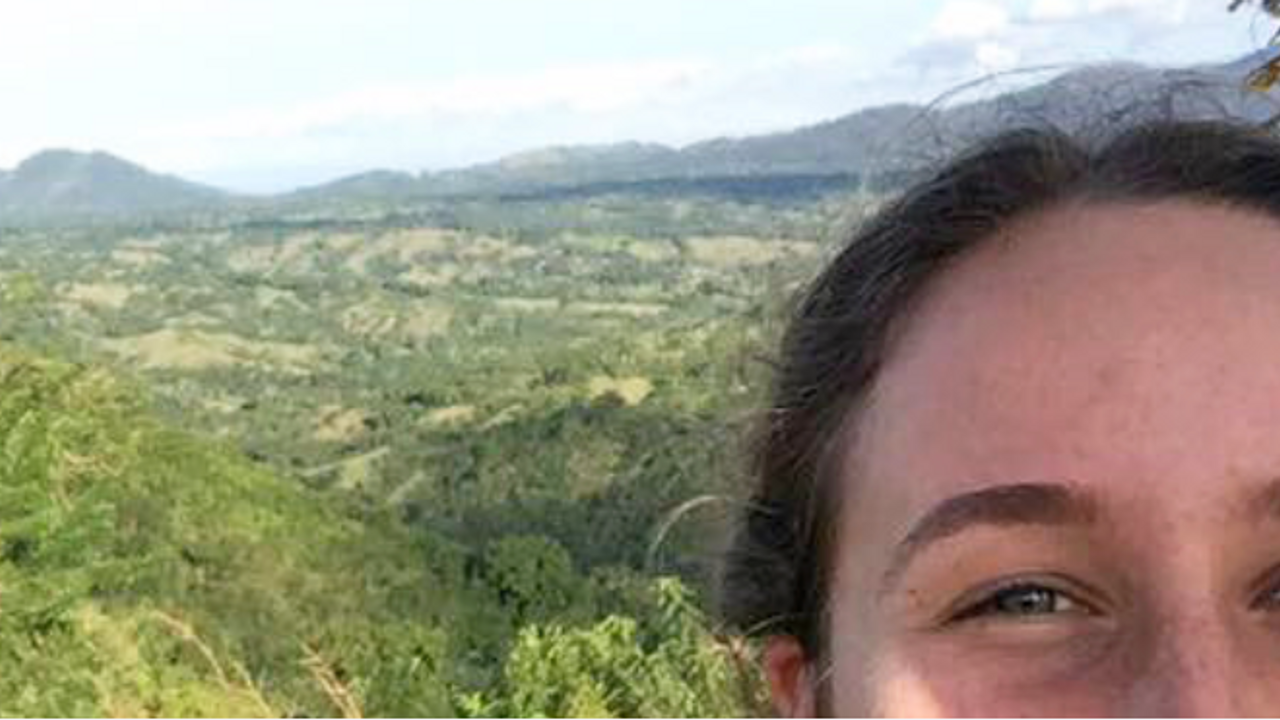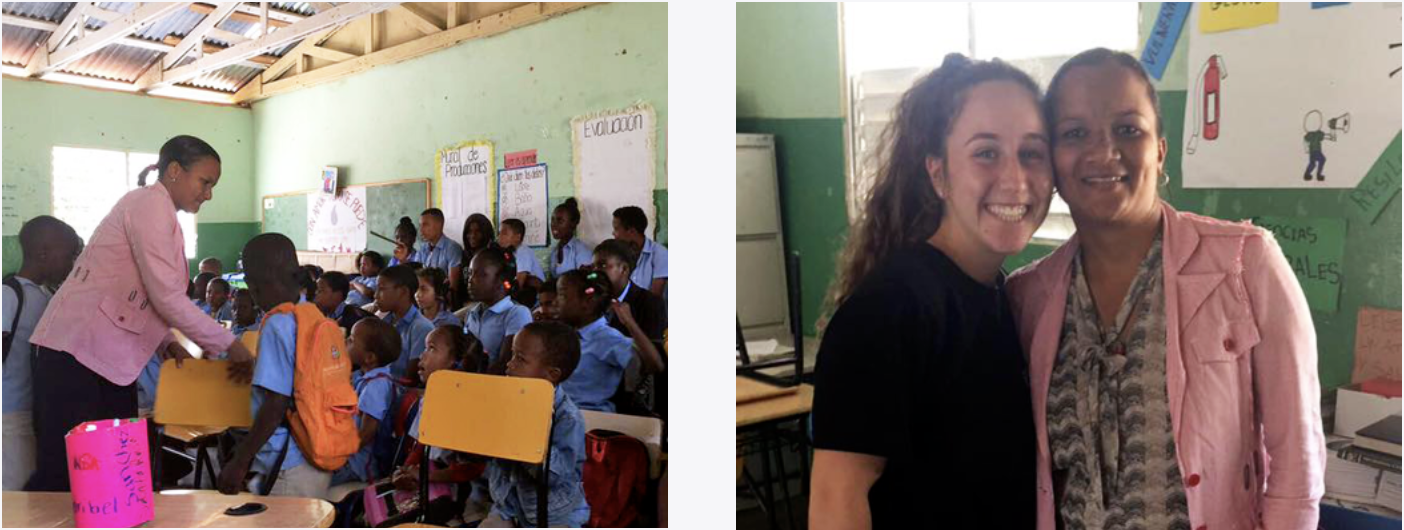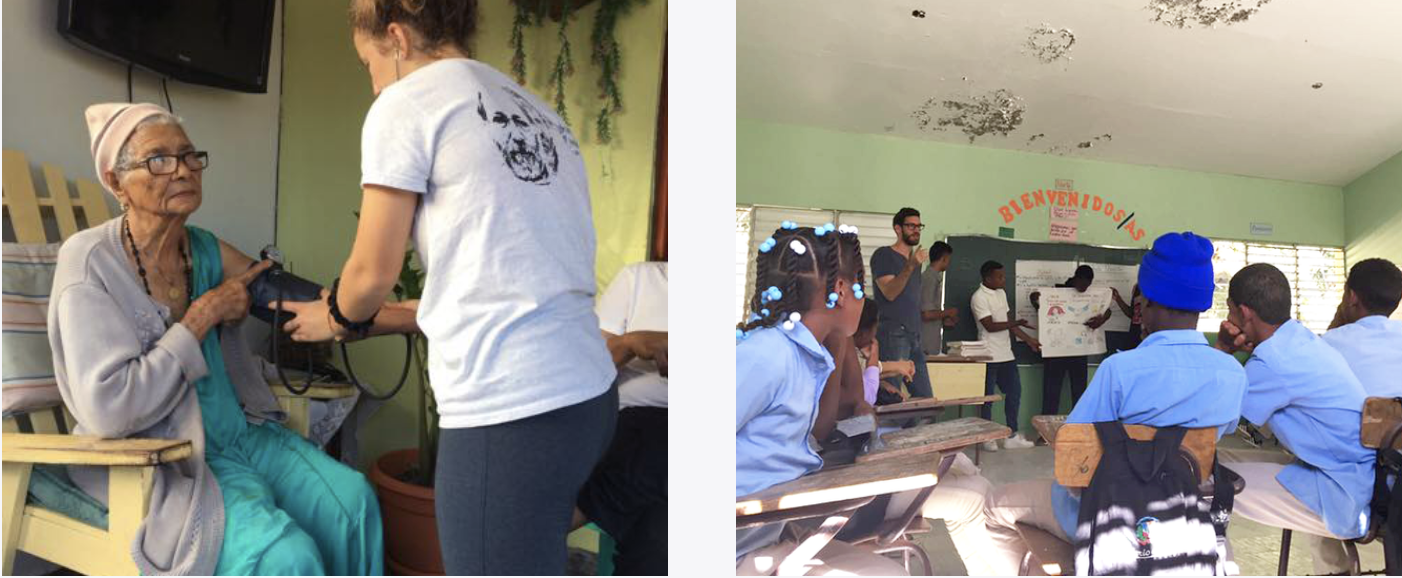
4 Misconceptions About International Service Trips
Mar 15, 2018Misconception #1: You Must Be Completely Fluent To Be Of Use In Spanish Speaking Countries.
As someone who took four years of Spanish in high school and two Spanish classes while in college, I figured I could get around with the Spanish I had learned over the past 5/6 years. I quickly realized that learning Spanish in a classroom was very different than actually using my Spanish in a foreign country. Even with a little Spanish speaking background, I was by no means fluent, but only after a week or so I was very comfortable trying to use my Spanish. I will not lie, I experienced somewhat of a language barrier during my trip, but that did not diminish my experience or my ability to be to a useful volunteer during my stay. I soon realized that people in the community appreciated a smile, hug, or my help taking their blood pressures. Beyond speaking basic level Spanish, my caring actions and good intentions went a long way during my time in Restauración. I found that people appreciated the help and care they received, knowing Spanish is just an added bonus but it doesn’t make or break your purpose or your experience by any means.
Additionally, FIMRC staff were very supportive during my time there. They encouraged me to use my Spanish but didn’t discourage me from practicing it. It was a good balance between using my Spanish, picking up new words, and getting help from either other volunteers, the FIMRC staff, and/or occasionally the locals.

Misconception #2: People In Low-Income Countries Are, Generally, More Sad.
One of the biggest take-aways from my time in Restauración is that a lot of people, including myself, sometimes are mislead/taught to believe that people outside of the US have less or are sad because of their conditions, when quite the opposite is true. People in Restauración are not unhappy or malnourished and suffering. Just because not everyone has a huge TV or a three story house doesn't mean they are living with less because when I think about it- how can you have less when you don't necessarily know what more is, or when your definition of more is different? And I mean this in the best possible way. People there don't let flat screens and expensive cars measure their level of happiness, but value spending time with family and their kids. They care about their health and talking with their neighbors, knowing how their neighbors are doing and such. I love this about Restauración, and I'm thankful that I took away a better understanding about what happiness and community should look like.

“I’m thankful that I took away a better understanding about what happiness and community should look like.”
Marketing in the US has led many people to have the preconceived notion that people in low-income countries are unhappy. It is like somehow money is linked to happiness, which I think it is safe to say that this is just not true. Traveling abroad definitely showed me otherwise.
Misconception #3: It's Impossible To Make An Impact On A Short-Term Service Trip.
Prior to my time in Restauración, I had heard mixed opinions about this idea of ‘impactful service’. Some would say that people only go on short-term service trips with the intention to make their conscience feel good. Others would say that the length of the service trip is not what’s important, but rather the fact that you’re going to help other people.
In my experience, I could truly see the impact and effect of FIMRC on the community every day. I have done other service programs and although I really enjoyed them, I never saw a direct impact on the community. The 'charlas', or health education sessions, especially showed me how much of a voice FIMRC has within the area, not just Restauración. The opportunity to educate people, of all ages (from the Mother's Club to 2nd-8th graders in local schools), was super powerful. The more people that understand the importance of maintaining a healthy diet and taking care of their bodies and mind, the healthier they will be and less health complications they will hopefully have growing up. Besides the educational/learning component for people within the surrounding communities, I think the medications and hypertension/diabetes support that FIMRC provides is super impactful, since people rely heavily on those resources.

On another note, many of the charlas (short, educational talks) we gave were created by previous volunteers. They either made the posters and powerpoints or left a health-related topic idea for future volunteers to bring to life. Not only that, while I was there I had the opportunity to make suggestions for new charlas too. I guess what I’m trying to say is that the duration of your time on a service trip doesn’t measure how much of an impact you leave on the community. As long as you work hard and you are passionate about the work you are doing, the length of the trip is really not important, especially if you pick the right organization that works to have a sustainable impact. (Although, more time in Restauración would have been fine. 😊)
Misconception #4: As A Volunteer, Your Single Role Is To Provide.
My time in Restauración taught me a lot about my purpose as a volunteer. I believe providing is large part of what it means to be a good volunteer, but I don’t think it’s the only one. While in Restauración, I saw how good of a reputation FIMRC has within the community, which makes sense since they are an organization with a community-focused structure. It was really nice arriving to Restauración and getting to tell/show people I was working with an organization that they already love. For example, every Thursday morning the people in the Diabetes Club love coming to the FIMRC office, getting help, and taking care of their health. FIMRC volunteers really support the community and this support goes beyond just giving medication and never seeing them again. The FIMRC staff, many of whom are from the area, wholeheartedly care about the local people and their well-being, and that was extremely evident during my time there. The service completed during my trip not only benefited the community but also allowed me to take away a lot of valuable lessons, while broadening my views and understanding of what it means to do effective service. I would say, as a volunteer, my time in Restauración was spent evenly: doing service/providing and learning about the community, health issues, and importance of relationships. My role of a volunteer was as much about learning as it was about providing.

“My role of a volunteer was as much about learning as it was about providing.”
One day I hope to be a doctor. My experience was very special because in certain ways it also also help shape how I view medicine. I believe medicine should be about forming and maintaining relationships with the people you care for, not just telling them when to take the right medications and seeing them for check ups every so often. Just like a doctor, a volunteer’s single role isn’t to provide. Volunteers experience the benefits of service on their lives too.

Interested in volunteering abroad or participating in our virtual programs? Check them out below!
Stay connected with news and updates!
Join our mailing list to receive the latest news and updates from our team.
Don't worry, your information will not be shared.
We hate SPAM. We will never sell your information, for any reason.

